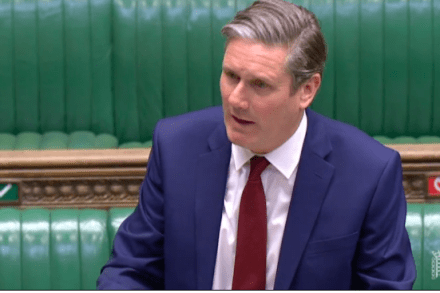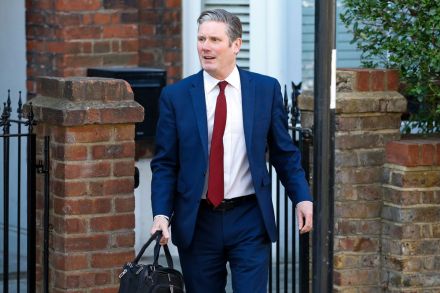Starmer is struggling against Boris at PMQs
A testy, ill-tempered PMQs. Sir Keir Starmer accused Boris of presiding over a corona-shambles. The PM fired back and asked the Labour leader to show ‘signs of co-operation’ with the government’s efforts. Sir Keir was able to cite a ‘sign of co-operation’. A letter written to the PM two weeks ago about helping to reopen schools. He hadn’t received a reply. ‘I’m surprised he should take that tone,’ said Boris aggressively. ‘I took the trouble to ring him up and we had a long conversation in which I briefed him about all the steps we were taking…He thoroughly endorsed our approach.’ Sir Keir sniffed grandly that the letter had been




















